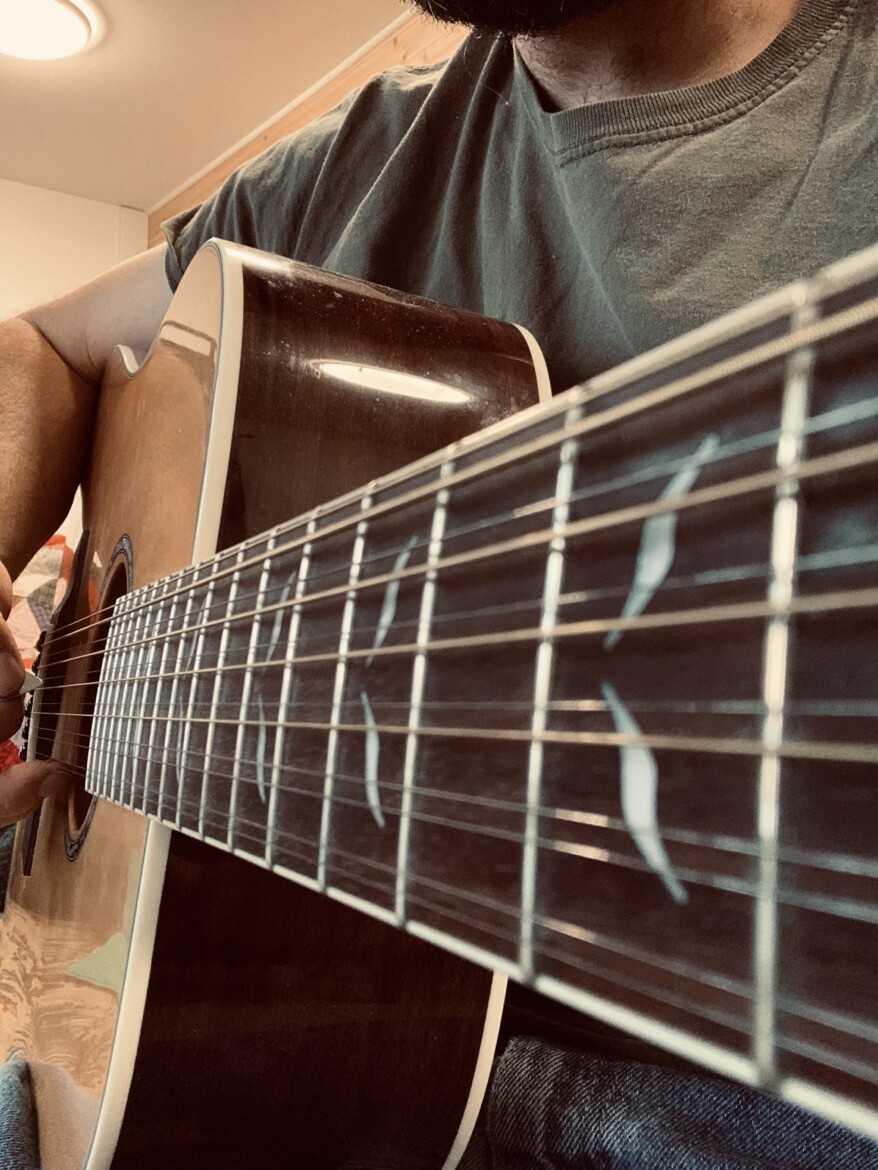Watch
Events
Articles
Market
More
SMALL STRAWS by MARSHA BURNS
These are times in which you sometimes feel unstable. The truth is that you will find your stability in Me, says the Lord. It will not matter what goes on around you; it matters that you stay spiritually connected and stand strong in faith. Relationship with Me transcends everything earthly and creates a stability that is beyond what is natural.
Matthew 7:24-27 Therefore whoever hears these sayings of Mine, and does them, I will liken him to a wise man who built his house on the rock, and the rain descended, the floods came, and the winds blew and beat on that house; and it did not fall, for it was founded on the rock. But everyone who hears these sayings of Mine, and does not do them, will be like a foolish man who built his house on the sand, and the rain descended, the floods came, and the winds blew and beat on that house; and it fell. And great was its fall.



This is something I have been thinking about recently. Why in the world would God choose a student of Gamaliel, who was one of the top Jewish teachers of the time, to go to the Gentiles? If God intended that the Law was not to be done by the Gentiles (in any form you believe: "done away with", "just for the Jews", "fulfilled at the cross", "Jesus did it for us", "no one can do it", etc...), then why send someone so versed in the Law to the Gentiles? This makes no sense whatsoever.
Then on top of that, he leaves for 3 years before starting his ministry to the Gentiles. Again, why? If all he had to do was not teach everything he had previously learned about, that seems like a very easy task to do. It wouldn't be something he would have to run off for 3 years for before starting.
However, if we read Paul and this account in context with the rest of the Bible, and even just the rest of Acts, we see that Paul WAS using his skills and learning to teach the Gentiles. He WAS teaching them the Torah. He WAS showing them God's commands, but teaching against the traditions of the elders. Those 3 years spent away before starting were most likely to restudy the Torah, Prophets, and Writings without the teachings that had been passed down to him. Those traditions of men. If you aren't aware, those traditions are taught as they are straight from God's mouth. Mark 7 references some of these. If you had been trained all your life that God said "wash your hands before eating or you sin", and God sent you on a quest to teach others His Ways, wouldn't you want to make sure that God actually said that?
Maybe we should all do like Paul and take a step back from what we have been taught and look at the Bible in the context of the Bible without those traditions passed down to us.
http://thestraightandnarrow.cfw.me/comics/496
#bible #biblestudy #torahobservant #hebrewroots #messianic #christian #comic #webcomic #wwjd



We did studio work today! ?
We recorded :
12 string guitar,
native flute,
violin,
piano,
djembe,
and buffalo drum.
#musicmonday happening tomorrow! ?




#goodmorning and #happysunday! January 08 #biblestudy links to readings and study resources:
https://alittleperspective.com..../january-08-bible-re
Today’s Hebrew Testament chronological reading is in Job 1 and 2.
The Psalms/ Proverbs reading is in Psalm 8.
No Greek Testament reading today.
Links to essential studies.
(All other previous studies are at the above link.)
Job 3 and 4, The thing I feared
https://alittleperspective.com/job-3-and-4/
Psalm 8, God mindful of man
https://alittleperspective.com..../psalm-8-god-mindful
January 2023 Bible Reading Schedule
https://alittleperspective.com..../january-2023-bible-
#bible #dailybread #scripturesunday
http://Facebook.com/christinesperspective
Twitter @ Christine982Mil
http://MeWe.com/join/a_little_perspective
Gab @ ChristineMiller
Torah Network @ ChristineMiller




We did studio work today! ?
We recorded :
12 string guitar,
native flute,
violin,
piano,
djembe,
and buffalo drum.
#musicmonday happening tomorrow! ?




In Exodus 6:2 God sums up his entire outburst against Job in 1 short sentence. He is, He knows, creates, rules, and destroys. This and the following verses are arranged in overlapping #chiasms that illustrates God's covenantal character. For example...
YHVH
>> Covenant
>>>> Suffering in Egypt
>>>>>> YHVH
>>>> Rescue from Egypt
>> Covenant
YHVH
Interestingly, the I AM says I WILL seven times in #exodus 6:6-8.
#vaeira #biblestudy #biblepatterns
https://soilfromstone.blogspot.....com/2017/01/god-nev


